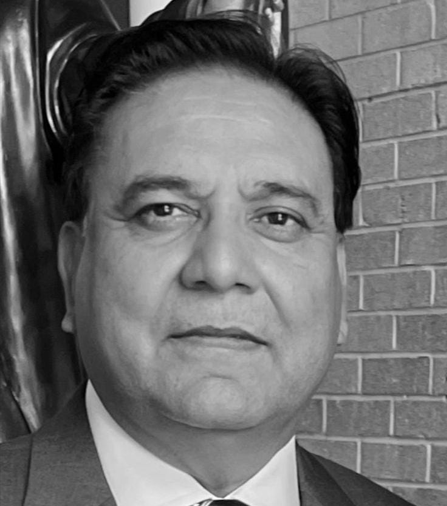By: Augustine Gill
July 2025 will forever be remembered by the families of over 100 Texans who lost their lives—most of them children – in a flash flood that tore through towns with little to no warning. In the early morning hours, heavy rains swelled rivers and breached embankments, overwhelming communities unprepared for such devastation. Sirens were silent. Phones didn’t buzz. Many residents were still asleep when the waters rose.
Within hours, schools were inundated, homes collapsed, and roads became rivers. The small town of Mill Creek, nestled along a tributary of the Guadalupe River, was among the worst hit. Entire families were swept away. Volunteers and local firefighters worked hand-in-hand, using makeshift rafts and fishing boats to rescue stranded victims from rooftops. But for over 100 souls, help came too late.
One of the most heartbreaking tragedies occurred at Camp Mystic, a Christian retreat center, where a group of girls attending a summer retreat were caught in the rising waters. Several of them drowned, while others remain missing. Survivors described clinging to trees for hours, swimming against currents, and calling out for their friends who never answered.
A Failure of Warning and Preparedness
Despite being the world’s most advanced nation, America has communities that remain tragically vulnerable to natural disasters. This flood was not entirely unpredictable. Meteorologists had flagged potential risks days before, yet the region lacked an integrated early warning system and rapid response coordination. Many counties, especially rural ones, do not have sirens or mobile alert protocols. By the time warnings came, the floodwaters were already surging.
These deaths echo similar tragedies around the world, particularly in Pakistan, where the 2022 floods displaced millions and destroyed vast areas of farmland. While the scale of devastation was larger in Pakistan, the causes were hauntingly similar: poor infrastructure, limited early warning dissemination, and delayed government response.
When Neighbors Become Heroes
Whether in Texas or in Pakistan’s Sindh province, a common thread emerges in the face of disaster: community resilience. In both cases, it wasn’t always the government that showed up first. It was neighbors. It was local mosque and church volunteers. It was first responders and ordinary citizens with boats, ropes, and a fierce will to save lives. In Mill Creek, it was 16-year-old Joshua who swam back and forth across a flooded street to save his siblings. In Pakistan, it was women like Shazia in Rajanpur who led children through waist-deep water to safety.
The Case for Early Warning Systems
Experts agree: Early warning systems save lives. They require community education, coordination between meteorological agencies and local governments, mobile alert integration, and regular drills. In Pakistan, the lack of a functional flood forecasting and evacuation system led to catastrophic losses in 2010 and again in 2022. In Texas, a real-time notification system linked to storm drainage monitors could have made the difference.
Training for emergency response – from CPR and flood rescue to evacuation logistics—should be standard across communities. Programs like CERT (Community Emergency Response Teams) in the U.S. and local disaster preparedness initiatives in Pakistan are models worth expanding.
What Needs to Happen Now
Disasters will come. Climate change will only make them more frequent and more severe. What can be avoided, however, is the loss of life through neglect and unpreparedness. Government agencies at all levels must prioritize investment in:
Real-time flood monitoring and community alert systems;
Infrastructure upgrades for drainage and levees;
Public education on flood risk and evacuation protocols;
Funding for community-based rescue and response training.
A Shared Responsibility
Whether in a small Texas town or a village in South Punjab, the pain of loss is the same. We must learn from these tragedies and remember that preparedness is not a privilege of the rich or urban. It is a right that should be afforded to every human being, regardless of geography.
Let the memory of those lost in July’s flood—notably the young girls of Camp Mystic and the many who died clinging to trees or swimming through treacherous currents—be not a forgotten headline, but a catalyst for lasting change.
About the Author:
Augustine Gill is a disaster response expert and Chair of Hope Beyond Frontiers, a global humanitarian organization focused on resilience, equity, and emergency preparedness. www.hopebeyondfrontiers.org


